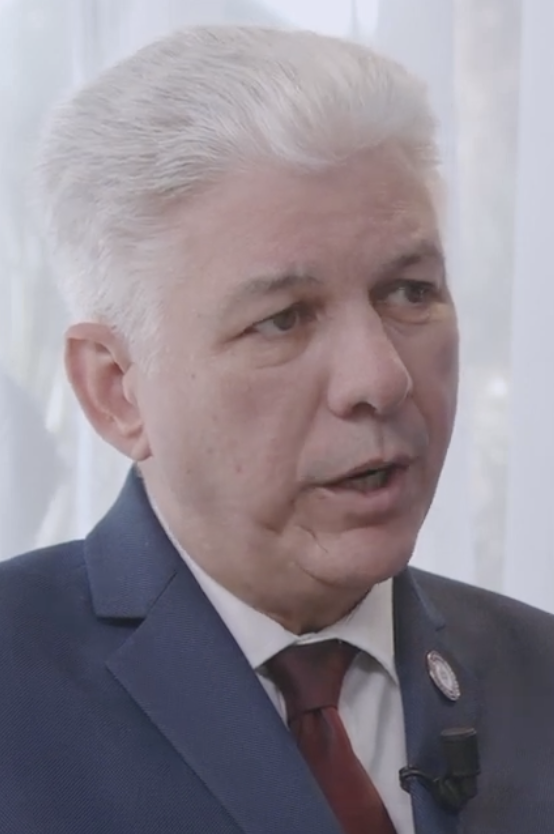AD Talks 2020: Public Health: A New Field of Action for Military Organizations and Alliances
The COVID-19 pandemic has shown, more than any other contemporary crisis, the need for concerted and coordinated actions between countries all over the world. However, the reluctance of many countries to work within traditional multilateral frameworks has pushed military organizations and alliances to take on ‘new roles’ in order to help member states and partners overcome these coordination challenges. These new roles include the deployment of military medical services to support member states capabilities in battling the COVID-19 pandemic, setting new procedures for the protection of deployed personnel, and logistics support. This session will examine the extent to which military organizations and alliances can help complement multilateral global health forums’ efforts during public health crises. It will also address the ramifications on ongoing and future military operations, as well as the role of military alliances in enhancing member states’ preparedness for future public health crises. How can military organizations improve member states and partners’ capacity-building in the face of future pandemics and public health crises? To what degree can military organizations support coordination and solidarity among their member states? Do public health crises hamper allied armed forces’ ability to carry training exercises and joint operations? Moderator : Kimberly Dozier, TIME Magazine Contributor & CNN Global Affairs Analyst Speakers : - Gabriele Cascone, Head of the Counter-Terrorism Section, NATO Michelle Ndiaye, Special Representative of the AUC Chairperson in DRC - Barre Seguin, NATO Senior Mentor, Supreme Headquarters Allied Powers Europe SHAPE - Juan Battaleme, Academic Director, CARI








